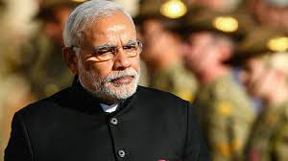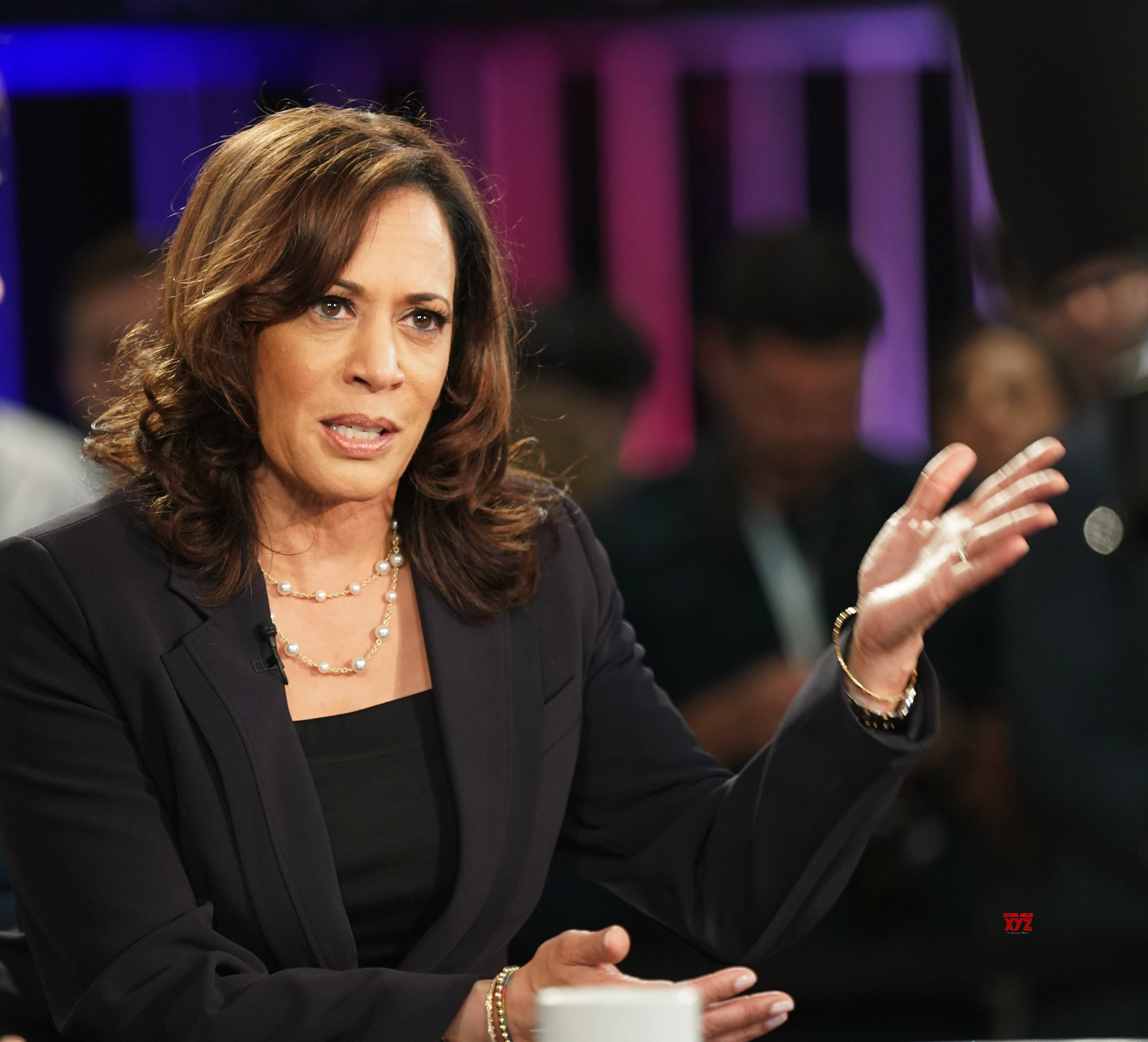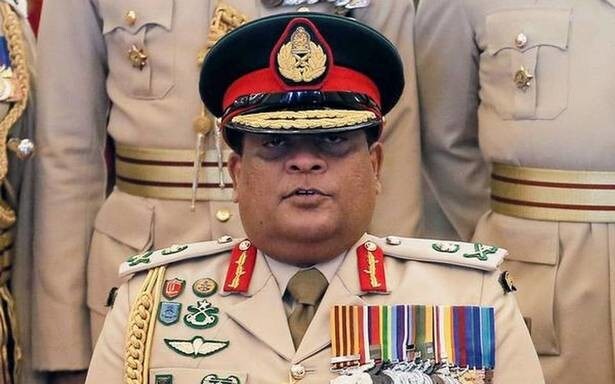 WASHINGTON: Ahead of Prime Minister Narendra Modi’s visit, top US Senators have expressed deep concern over religious freedom, increasing attack on civil society and human rights in India with the Obama Administration saying it was having a dialogue with the country on these issues.
WASHINGTON: Ahead of Prime Minister Narendra Modi’s visit, top US Senators have expressed deep concern over religious freedom, increasing attack on civil society and human rights in India with the Obama Administration saying it was having a dialogue with the country on these issues.
“The situation does raise concern about religious freedom in India,” Colorado Senator Cory Gardner said during a Congressional hearing on India convened by the Senate Foreign Relations Committee.
Virginia Senator Tim Kaine, while expressing his concern on recent incidents of religious intolerance when artists returned their awards, said he is hoping to raise this issue with Prime Minister Modi when he travels to Washington DC next month.
Describing the anti-conversion laws in some states as problematic, Maryland Senator Ben Cardin, a Ranking Member of the Senate Foreign Relations Committee, expressed concern over religious freedom in India.
Some of the members also raised the issue of denying visas to the members of the US Commission on International Religious Freedom.
Agreeing with the concerns of the Senators, Assistant Secretary of State for South and Central Asia Nisha Desai Biswal said while the Obama Administration has been raising these issues and concerns at the highest level and is having a dialogue with India on this issue, it is the vibrant civil society of India which is itself the most robust and string voice on this.
“There has been fairly vigorous and vociferous debate within India with respect to religious freedom and religious tolerance,” Biswal said, adding that there is no more robust voice than the voice of the Indian people that is taking up these issues with increasing vigour and public debate.
“It is on the headlines of Indian newspapers that you are seeing a very active engagement on this issue. I think, these are issues, these are values that we hold very dear, that we bring into the conversation. But we try to do it in a constructive way possible to not take away the fact that these are issues that Indian must grapple with and get right for their own country, for their own democracy, for their own society,” Biswal said in response to a question.
“And that we in the United States have experiences to share, lessons to share, best practices to share. But we seek to do that in a way that respects and honours the fact that this democracy has a very vibrant and a very vocal civil society and media and political party system that is also trying to get this right,” she said.
Cardin alleged that India has inconsistent record in the manner in which they treat women and girls.
“So tell us the progress being made in dealing with slavery in our relationship with India. This is democratically, a friend. Are we being candid with them with regard to trafficking,” he asked.
“Absolutely we are being candid. It’s an issue of Indian capacity to address,” Biswal said, adding that there is increasing awareness in commitment at the national level to try to deal with these issues.
“But there is a long way to go. It would be increasingly incumbent upon India to advance the rule of law to all aspect of the society,” she added.
Senator Kaine said the heartening aspect of India today has a vibrant civil society that is not shy at all raising these issues.
Citing a recent report of the International Religious Freedom, the Republican Senator said the situation of religious freedom has deteriorated in India.
“One of the concerns that we have raised with our counterparts in India is the regulatory and legal framework that seeks to constrain the activities of the civil society organisations, whether they be Indian or international organisations. This is a continuing area of concern,” Biswal said.
Gardner alleged that foreign non-governmental organisations are being harassed by the Indian government.
“It’s deeply concerning to me,” he said, citing the example of Colorado-based Compassion International.
“In India Compassion International has been sued by the Income Tax four times. Their assets have been seized. They have had their employees and church pastors interrogated for hours by intelligence bureau. Twelve separate visa applications have been denied,” Gardner said.
“We are concerned about the attack on civil society within India. They have to be effectively be able to speak.
(But) it does not relieve us from developing and working with leaders in India that recognise that these are not western values, these are universal issues that India needs to make progress on,” Cardin said.
In a massive country like India it is a huge challenge to deal with issues of uniform capacity and capability to address the rights of every individual citizen, said Biswal in response to concerns being expressed by the Senators.
“We do think that there is a lot more that can and should be done to address issues of trafficking and child labour,” she said.
“In all of our interactions, we raise issues particularly if we have specific instances or cases of concern to seek Indian responses and actions,” she added.
“India has 12-14 million slaves. There are 27 million slaves in the world. How does a country like this has 12-14 million slave in the year 2016? How does that happen?” Senator Bob Corker Chairman of Senate Foreign Relations Committee asked.
Responding to a question on denying visa to members of USCIRF, Biswal said the Administration has tried to impress the Indian government to provide them with visas.
She also noted that the successive Indian governments have denied the visa.–PTI






